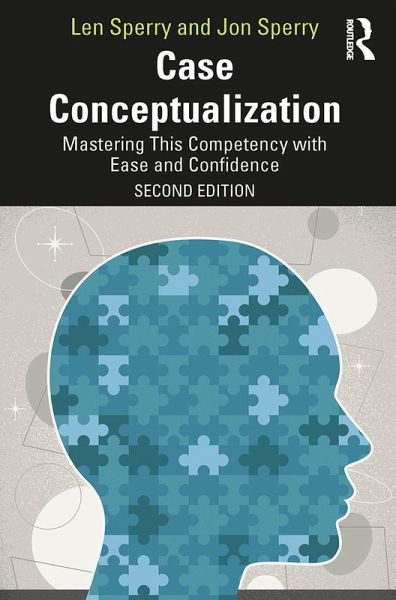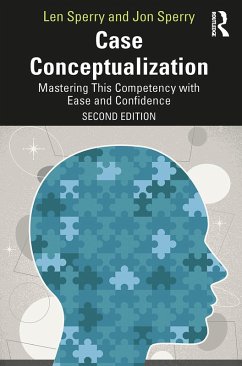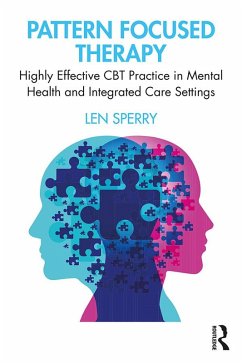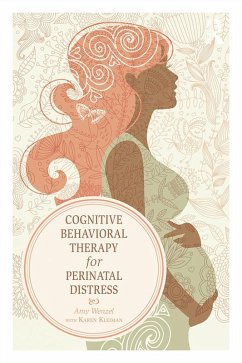
Case Conceptualization (eBook, ePUB)
Mastering This Competency with Ease and Confidence
Versandkostenfrei!
Sofort per Download lieferbar
36,95 €
inkl. MwSt.
Weitere Ausgaben:

PAYBACK Punkte
18 °P sammeln!
Integrating recent research and developments in the field, this revised second edition introduces an easy-to-master strategy for developing and writing culturally sensitive case conceptualizations and treatment plans.Concrete guidelines and updated case material are provided for developing conceptualizations for the five most common therapy models: Cognitive-Behavioral Therapy (CBT), Psychodynamic, Biopsychosocial, Adlerian, and Acceptance and Commitment Therapy. The chapters also include specific exercises and activities for mastering case conceptualization and related competencies and skills...
Integrating recent research and developments in the field, this revised second edition introduces an easy-to-master strategy for developing and writing culturally sensitive case conceptualizations and treatment plans.
Concrete guidelines and updated case material are provided for developing conceptualizations for the five most common therapy models: Cognitive-Behavioral Therapy (CBT), Psychodynamic, Biopsychosocial, Adlerian, and Acceptance and Commitment Therapy. The chapters also include specific exercises and activities for mastering case conceptualization and related competencies and skills. Also new to this edition is a chapter on couple and family case conceptualizations, and an emphasis throughout on trauma.
Practitioners, as well as graduate students in counseling and in clinical psychology, will gain the essential skills and knowledge they need to master case conceptualizations.
Concrete guidelines and updated case material are provided for developing conceptualizations for the five most common therapy models: Cognitive-Behavioral Therapy (CBT), Psychodynamic, Biopsychosocial, Adlerian, and Acceptance and Commitment Therapy. The chapters also include specific exercises and activities for mastering case conceptualization and related competencies and skills. Also new to this edition is a chapter on couple and family case conceptualizations, and an emphasis throughout on trauma.
Practitioners, as well as graduate students in counseling and in clinical psychology, will gain the essential skills and knowledge they need to master case conceptualizations.
Dieser Download kann aus rechtlichen Gründen nur mit Rechnungsadresse in A, B, BG, CY, CZ, D, DK, EW, E, FIN, F, GR, HR, H, IRL, I, LT, L, LR, M, NL, PL, P, R, S, SLO, SK ausgeliefert werden.













